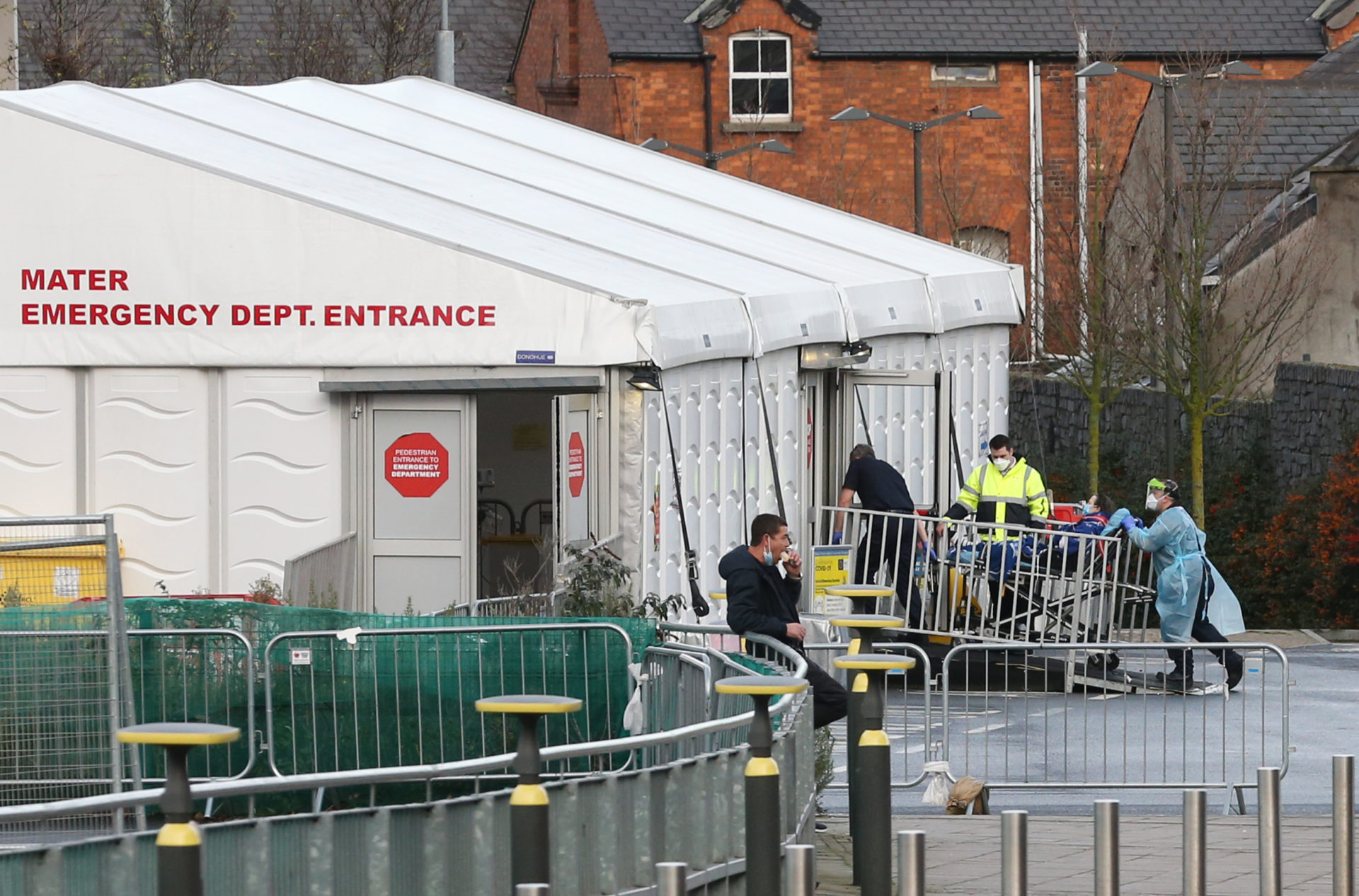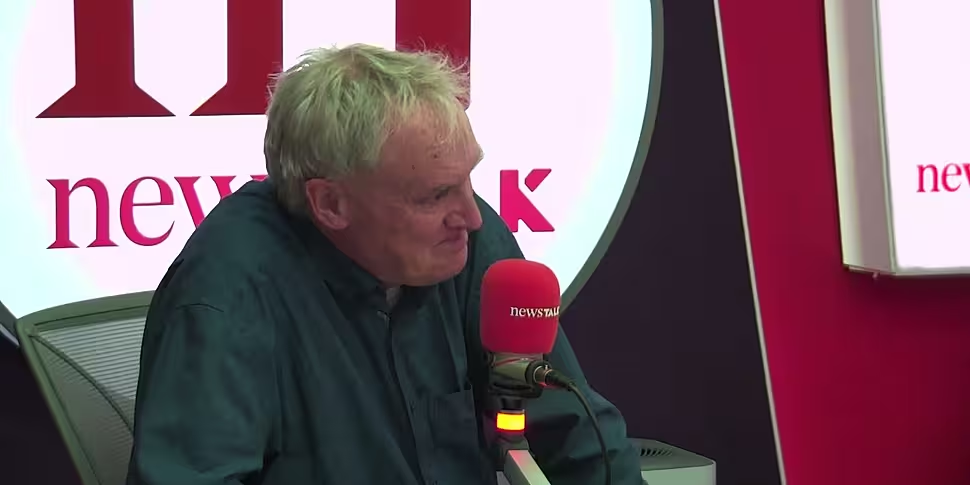Last week marked four years to the day since the world’s first recorded COVID death – but what have we learned in the years since?
On The Pat Kenny Show this morning, Professor Luke O’Neill recalled his first conversation on-air about what was then called the ‘Wuhan Virus’ – or in some sections of US politics, the ‘China Virus’.
He said the years since have seen a raft of new treatments created – as well as some proposed treatments debunked.
Meanwhile, vaccines are continuing to be developed, with the World Health Organisation this week claiming that 1.4 million lives were saved in Europe alone through the vaccine programme.
Prof O’Neill said the big question facing many scientists now is whether the virus could mutate and come back stronger than ever.
“I've just come back from a big conference actually and a third of it was on COVID,” he said.
“We’re still working on this you know and that's the big question, will it mutate? We've always wondered that.
“Now the good news is, even if it mutates a fair bit, you will still have some protection because your immune system can fight coronaviruses anyway now and this will be another type of coronavirus.
“It's in the same family and your immune system will recognise it.
“You'll probably get symptoms - people right now have symptoms of colds and flus - but it won't progress into severe disease because at least there's some protections.
“So there's hope now, actually, mainly because of the immune system, not because the virus is getting more benign, it's more a case that your immune system is now well trained to see the whole family of coronaviruses and that should offer protection against severe disease.”
 An ambulance crew delivers a patient to the Emergency Department in the Mater Hospital during Level 5 lockdown. Image: Sasko Lazarov/RollingNews
An ambulance crew delivers a patient to the Emergency Department in the Mater Hospital during Level 5 lockdown. Image: Sasko Lazarov/RollingNewsThe Trinity professor said the virus is still being “watched very closely” for fear of a serious mutation.
“There's still a risk, of course, of a really nasty one, but it's low now that we know the immune system can work, especially if you are vaccinated of course,” he said.
He said the lessons learned during the pandemic will ensure we are much better prepared into the future.
“Ireland is about to have an inquiry as you know,” he said.
“So, what should we do next time, and we know what to do. We can make a vaccine very quickly with RNA.
“We have anti-inflammatories that will work with any virus. We can make antivirals quickly as well, but very importantly the hazard of repurposing drugs that are already there, you got to be very careful until they're proven in a proper trial to work.”
The first COVID death was reported in China on January 11th, 2020.
You can listen back here:









